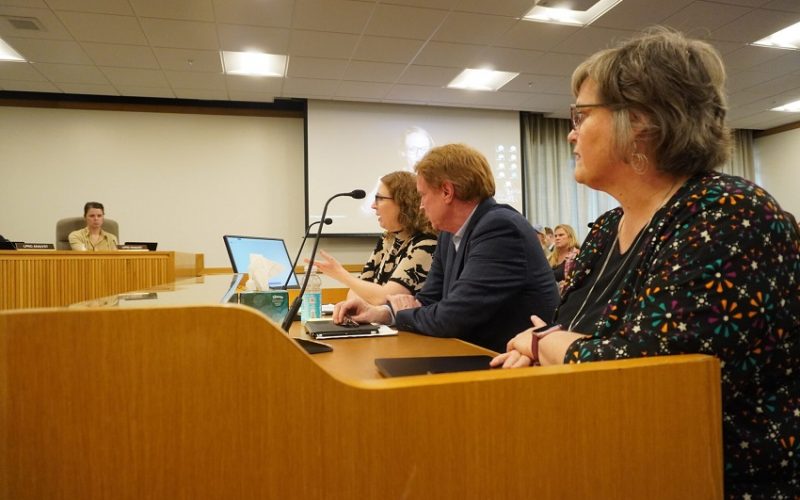SALEM, Ore. — A proposed Oregon bill aiming to limit the number of legislative measures each lawmaker can introduce per session has ignited controversy despite bipartisan sponsorship. Supporters say the bill addresses an overwhelming flood of legislation that strains staff resources and taxpayers, while opponents warn it could concentrate power within majority leadership and marginalize minority voices.
House Bill 2006, introduced in April by six Democrats and five Republicans, would cap individual lawmakers at requesting 25 bill drafts during the 160-day long sessions held in odd-numbered years. This follows a historic increase in bill introductions; legislators have filed more than 3,400 pieces of legislation since February alone.
Sen. Janeen Sollman (D-Hillsboro), former Senate Republican Leader Tim Knopp, and House Speaker Julie Fahey (D-Eugene) testified Thursday before the House Committee on Rules, emphasizing the administrative burden created by the current volume of bills. “Thousands of taxpayer dollars go into processing bills that don’t become law or even get here,” Fahey said. “We’re talking about improving the system by being more focused and deliberative in how we introduce legislation.”
The bill also sets limits for other entities: state agencies and the governor could introduce up to 400 bills, legislative committees 15 each, and select statewide elected officials 25 bills apiece. The Judicial Department could file up to 100 bills. Notably, the Joint Ways and Means Committee is excluded from these restrictions.
However, opposition—largely from Republican lawmakers—argues the bill could deepen partisan imbalances. House Republican Leader Christine Drazan (R-Canby) described the measure as a “partisan power grab,” cautioning it would stifle minority party initiatives. “I routinely propose bills that reflect my district’s interests,” Drazan said. “And what ends up moving is the Democrat bill time and again.”
Rep. Shelly Boshart Davis (R-Albany), while expressing support for limiting bill numbers, criticized the bill’s allowance for the Senate president and House speaker to authorize unlimited additional bills for members or committees. “You have the majority party being able to authorize,” she said. “There’s no limit on that.”
The opposition is not exclusively Republican. Rep. Paul Evans (D-Monmouth), who has introduced over 300 bills this session, labeled the bill “capricious” in a letter to the committee. He warned that strict limits would increase power for leadership and committee chairs at the expense of rank-and-file lawmakers.
Despite such concerns, Fahey acknowledged the 400-bill cap for state agencies and the governor might be too high but did not specify a lower figure. Rep. Jason Kropf (D-Bend) suggested even 300 would be excessive.
The bill’s sponsors note that a similar measure was debated in 2001 during a Republican-controlled Senate but ultimately failed. They expect the current bill to receive both bipartisan support and opposition, mirroring the earlier debate.
If passed, Oregon would become the 14th state with legal limits on the number of bills lawmakers may introduce. The legislation is set to take effect in the 2027 session.
Meanwhile, Senate Bill 1006, authored by Sen. Kim Thatcher (R-Keizer), proposes a different approach by barring state agencies from introducing legislation. The bill has remained stalled in the Senate Committee on Rules since March.
As Oregon grapples with balancing legislative productivity and democratic representation, the debate over bill limits reflects broader tensions around governance, power, and efficiency.











